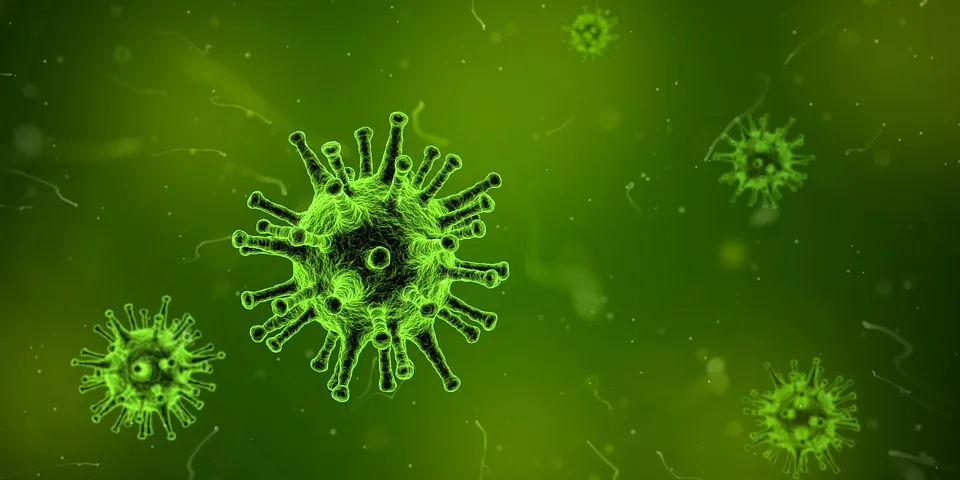Continuous urination to urinate, burning or pain during urination: these annoying disorders are often caused by cystitis. Here are some tips to effectively prevent this infection.
Women know well the hateful symptoms of cystitis. Because they have a short urethra, they are more susceptible to this infection than men, who are generally affected in old age. Cystitis is manifested by disturbances during urination or a frequent urge to urinate. In many cases, the problem is due to the proliferating bacteria in the urethra triggering an inflammatory reaction in the surrounding tissues. The risk increases above all in the winter season, because the cold weakens the immune system.
Usually, cystitis is not a serious disorder and disappears by itself within a few days. Prudence is a must for people with low immune defenses or kidney disease and for pregnant women: in these cases, there is a greater risk that the urinary tract infection has a complicated course.
No chance for bacteria
There are various strategies to effectively prevent cystitis. In order to prevent the spread of bacteria, it is important to drink a lot: this allows eliminating a part of the pathogenic agents from the urinary tract. Women are also advised to clean themselves "from front to back", so as not to contaminate the urethra with fecal bacteria.
During urination, the bladder must always be completely emptied to avoid the proliferation of the germs present in the urine. This is especially important after sexual intercourse that frequently causes irritations to the urethra.
Furthermore, it is good not to overdo intimate hygiene. It is better to avoid scented detergents or sprays as much as possible as they can damage the vaginal flora.
Especially in winter, it is important to keep the lower abdomen warm. If you get cold, the blood vessels of the skin and mucous membranes contract and the bacteria multiply undisturbed, as the cells of the immune system struggle to reach this area of the body.
Real or fake allies?
Many people predisposed to urinary tract infections are relentless consumers of products based on cranberry or cranberry, whose active principles, according to some research, inhibit the adhesion of bacteria to the bladder wall. However, recent studies have shown that the antibacterial action of these products is absolutely minimal. At the moment, therefore, many doctors prefer to recommend another remedy to prevent cystitis: D-mannose. This monosaccharide, or simple sugar, given as powder or tablets, should, in turn, prevent the adhesion of bacteria to the bladder wall. However, no detailed analyses have been conducted so far.
For further questions on bladder health, as a SWICA insured you can contact the doctors and paramedics of sante24, who are at your disposal for a free consultation 24 hours a day. Upon request, sante24 will arrange for a medical examination.


